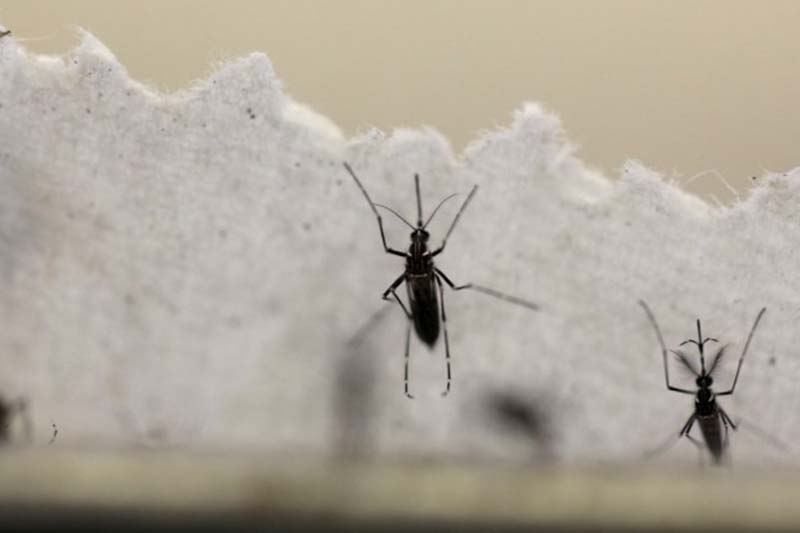Dengue cases expected to rise in Jhapa, say EDCD officials
Kathmandu, October 27
Epidemiology and Disease Control Division of the Department of Health Services said the number of dengue cases could rise in Jhapa as per epidemiological trends.
Health workers deployed in disease-hit areas have reported that the number of dengue cases could rise as scores of patients suffering from high fever were undergoing treatment in various health facilities of the district.
Over 122 people in the district have already been tested positive for the disease until yesterday.
“Number of cases would rise in coming days,” said EDCD Director Dr Bhim Acharya.
He said it would take up to three weeks for the division to bring the disease under control. “We have been trying our best and using all means available to bring the disease under control,” he added.
He claimed that an extensive drive was under way to control the spread of the deadly disease in the district.
According to Dr Acharya, several health teams have been mobilised in the district to control the spread of the disease. The EDCD has deployed a health team comprising a medical doctor from Kathmandu in the disease-hit areas.
At the request of the division, BP Koirala Institute of Health Sciences has also deployed a separate medical team to control the epidemic. The World Health Organisation’s Nepal office too has deployed a team of technicians in the affected areas.
Dr Acharya informed that the DPHO Jhapa had been mobilising all health workers, female community health volunteers, local clubs and social organisations active in the district to destroy mosquitoes that spread dengue virus.
Health workers deployed in the dengue-hit areas have reported that the number of dengue cases could rise as scores of patients suffering from high fever were undergoing treatment in various health facilities of the district.
Director Acharya claimed that an extensive drive was under way to control the spread of the deadly disease in the district. The division has
been using local and national means of mass communication like radio, television, and print media to raise awareness about the disease.
Doctors say the disease spreads through the bite of infected Aedes-aegypti and Aedes-albopicitus mosquitoes. The mosquito becomes infected when it takes blood of dengue-infected people.






